Evergreen Audiology offers comprehensive hearing tests for adults and children aged 5 years and over, including a range of WorkCover and industrial assessments.
You do not need a GP referral for a hearing assessment, although Medicare rebates are only available if referred by an Ear Nose and Throat Specialist, or under a GP Care Plan.
Audiologists are trained to carefully and thoroughly investigate your hearing. The results of your hearing assessment provide your Audiologist with an objective understanding of your ear health, the type and degree of any hearing loss, and what steps need to be taken to optimise your hearing. These may include behavioural and environmental modifications for easier listening, advising on the correct use of hearing protection, fitting hearing aids or assistive listening devices, and in some cases referring to medical specialists for treatment or further investigation.
How to prepare for your hearing assessment
To ensure your appointment time is used effectively, it is important to come prepared. Before your appointment, carefully consider those aspects of your life, whether work or leisure, that have become more difficult due to hearing issues. You may think of these in the context of specific sounds, voices, situations or environments in which you would like to hear better. Discussing this with your loved ones can often provide helpful insight on how your hearing loss affects others, and engage their support in your hearing care journey.
Please plan to arrive 10 minutes early to complete a registration form and intake questionnaire, if you haven’t already done so. If you would prefer the support of a family member, friend or carer at your appointment, please feel welcome to have them accompany you.
During your appointment
Your Audiologist will first discuss any concerns you have about your hearing and gather information about your hearing and ear health history. You will then be guided through a series of non-invasive tests to examine the function of each part of your ear.
If you would like to know more about the standard tests that make up a comprehensive audiological assessment, please see below.
Your Audiologist will use an otoscope to visually inspect each ear, ear canal and eardrum to examine for any pathology or blockage of the outer or middle ear.
A tympanometer will be used to measure the compliance of your middle ear system (including your eardrum and middle ear bones). This non-invasive test applies slight pressure variation to the ear canal while you listen to a low hum. The results indicate how well your ear is able to conduct sound vibrations through to the inner ear.
Audiometry is conducted in a sound-proof booth. These are sound treated enclosures that reduce background noise in line with Australian Standards. You will be provided with a pair of headphones and asked to indicate whether you are able to hear any ‘beeps’ of varying pitch and loudness in each ear. The softest sounds you can hear at each pitch are your ‘hearing thresholds’, and these are plotted on an audiogram. Air-conduction testing (using headphones) and bone-conduction testing (using a vibrating sound oscillator) round out a complete hearing test.
Speech discrimination tests use recorded speech materials to assess your ability to hear and discriminate speech sounds under different listening conditions, such as in quiet or noisy environments. The results of these tests provide important information about what type of hearing technology may be appropriate for you.
At the end of your appointment, your Audiologist will review your results with you. If a hearing loss or medical issue is identified, together you can discuss your needs and establish a management plan that suits you. Once established, you can take as much time as you need to consider your results and recommendations.
The next step
If a medical issue is identified, you will be provided with a comprehensive report to take to your GP.
If hearing aid fitting is recommended for you and you would like to proceed to a trial, your Audiologist will guide you through the device options available to make a selection, and discuss the fitting and evaluation process. This may be during your hearing assessment appointment or at a later time.
For more information, visit hearing aids and hearing aid fitting.
Any questions?
We would love to hear from you. Please contact us for an obligation-free chat or to make an appointment.



